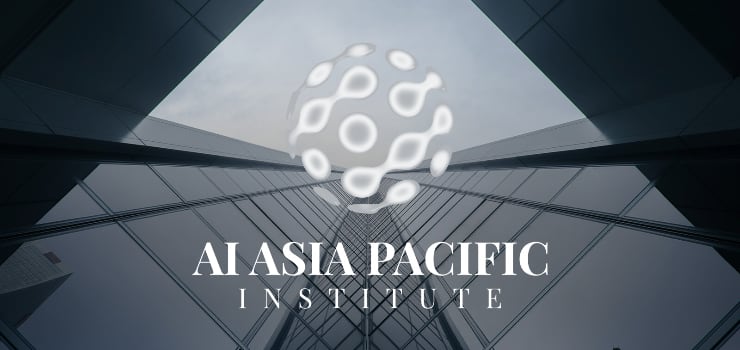The AI Asia Pacific Institute has released last week its comprehensive annual report on artificial intelligence (AI) and its potential impact on the Pacific Islands.
The report, titled The State of Artificial Intelligence in the Pacific Islands, is the fourth in the AI Asia Pacific Institute’s annual series examining the state of Artificial Intelligence in the Asia-Pacific Region.
The series explores the landscape and recent developments of AI governance across the Asia-Pacific, this time taking a specific focus on the Pacific Islands.
The report also includes some analysis of Australia and New Zealand as they play significant roles in the Pacific Islands through economic assistance, regional security, political engagement, and environmental initiatives.
This extensive report explores how AI technologies, including Generative AI (Gen AI), can address the unique challenges faced by the diverse nations and territories of the Pacific Ocean.
The Pacific Islands, which include nations such as the Cook Islands, Fiji, Kiribati, Papua New Guinea, and Vanuatu, encounter distinct issues like geographic isolation, vulnerability to natural disasters, climate change, labour shortages, and the preservation of cultural heritage.
The report underscores the transformative potential of AI in addressing these challenges and enhancing economic development across the region.
AI presents significant opportunities for improvement in various sectors, such as disaster forecasting and response, healthcare delivery, resource management, and sustainable development. By leveraging AI technologies, the Pacific Islands can foster economic growth and resilience, creating new pathways for advancement in the face of regional difficulties.
“The current state of AI development across the Pacific Islands is highly varied. Some nations have made strides in digital transformation, establishing strategies and investing in infrastructure, while others are still in the very early stages of AI adoption. Government readiness also differs, with diverse levels of awareness, policy frameworks, and regulatory measures, said the report.
The report highlighted the necessity of tailored AI strategies that reflect the specific contexts of the Pacific Islands.
Lessons from other regions point to the benefits of fostering digital literacy, developing comprehensive AI governance frameworks and sharing resources and expertise. To address these needs, the report recommends the establishment of a Pacific Islands AI Technical Assistance Facility. This proposed facility would play a crucial role in developing and implementing country specific AI strategies, providing specialised expertise and supporting capacity building efforts to tackle emerging AI challenges.














